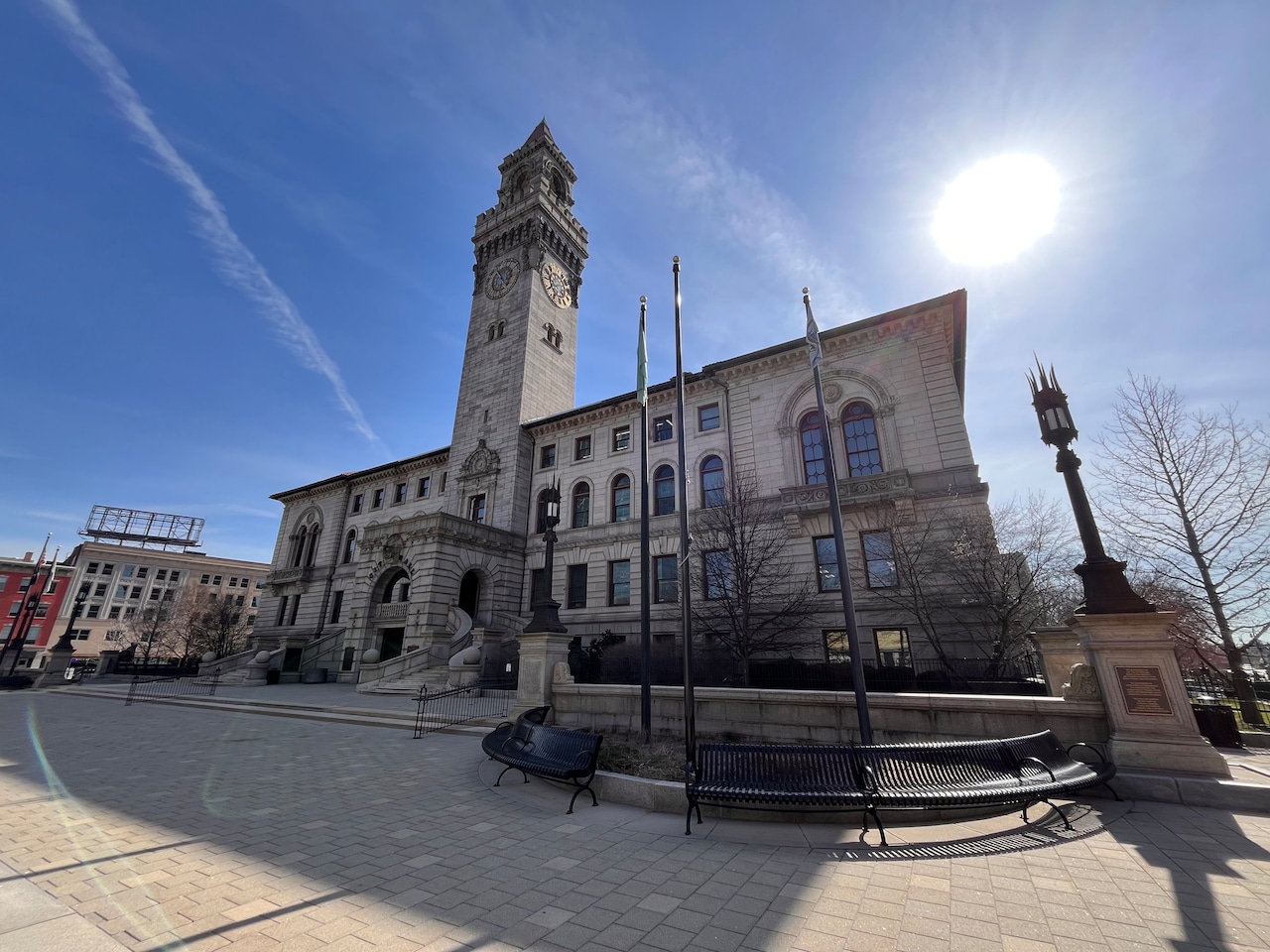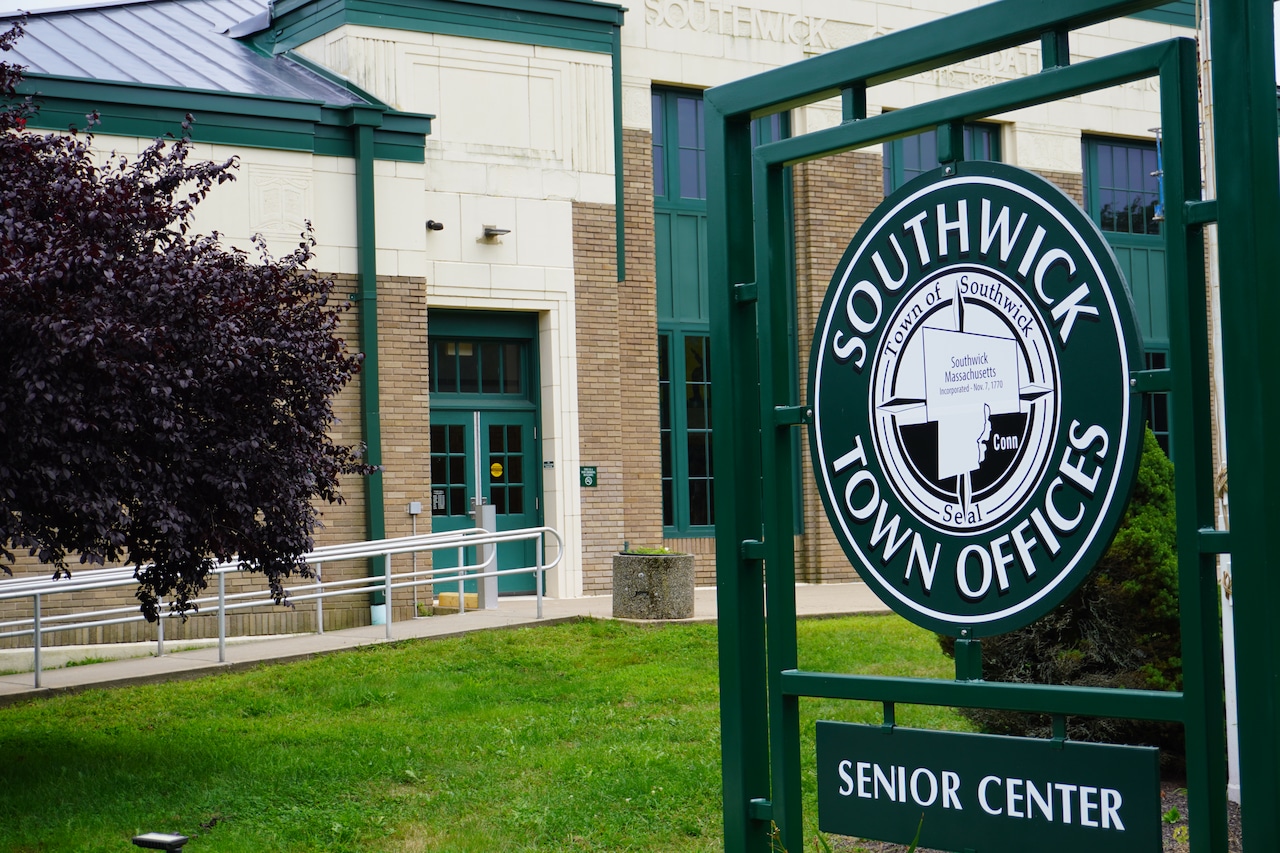
When Colleen DeLeo of Worcester learned Gov. Maura Healey signed a bill that defined coercive control as a form of domestic abuse, she said she broke down in tears.
DeLeo, 41, told MassLive she is a victim of coercive control, which the Domestic Violence Network defines as the “pattern of behavior or actions used by a perpetrator to frighten, threaten, oppress, and limit their victim.”
When she found out the governor signed the bill on June 20, DeLeo said she felt something new — a sense of security.
“I feel a little bit more secure. I feel like there’s going to be a turning point somewhere,” she said, adding she is more hopeful about her case and others like it.
To celebrate the new law, DeLeo, along with other advocates fighting against coercive control, will gather on 18 Chestnut St. in Worcester on Sept. 6 for a special event hosted by the Together Rising Above Coercion (TRAC) coalition, a statewide organization made up of domestic abuse victims and other groups who supported the recently-passed legislation.
The celebration is expected to feature legislators, leaders of the TRAC coalition and supporters of the new law signed on June 20 by Gov. Healey, according to DeLeo. She told MassLive that she would read a speech at the celebration, thanking legislators and advocates for supporting the law and helping it get passed during the legislative session.
Arline Rosario of Worcester, who said she is another victim of coercion, said she would attend the celebration as well and that she is thankful for the law. Rosario, 49, said the new law would be a boon to her granddaughter and two nieces should they ever find themselves in relationships where their significant other may try to use coercive control. She hopes, however, that they never have to experience that kind of scenario.
“It was a very needed law,” Rosario said. “When it wasn’t there, it was hard to prove that a person was coercing you to do things.”
While the event is scheduled in Worcester, it is billed as a statewide celebration. Carmen Aliber, a founding member of the TRAC coalition, told MassLive that Worcester was chosen as the celebration site because it is considered the center of Massachusetts.
State Sen. Michael Moore, D-2nd Worcester, told MassLive that holding events highlighting a new law after the signing ceremony isn’t common, but he understands why the TRAC coalition wants to celebrate.
“With this closing of one of the loopholes in domestic violence, this brought Massachusetts with what the definitions should be nationally,” Moore said.
Moore, a co-sponsor for the original bill that became law, said he did not know whether he would attend the upcoming celebration.
The law in action
Before the coercion control law was signed, section 1 of Massachusetts General Laws Chapter 209A defined abuse as “actual physical abuse, an attempt to harm another, placing another in fear of serious physical harm and causing another to engage in sexual relations by force, threat or force or duress.”
Anne Bureau, a TRAC coalition member from Worcester, notes how the state’s original definition of abuse does not include coercive control. Bureau said most abusers use coercive control on their victims first rather than using violence right away. It is only when those tactics fail that they resort to physical abuse, she said.
“Coercive control is more the psychological abuse, financial abuse, tracking your whereabouts,” Bureau said. “The psychological abuse precedes and leads up to the terrible, physical abuse and sometimes, murder.”
Under the new law, however, coercive control is now defined as abuse, meaning that those who are victims of coercive control can seek a restraining order or abuse prevention order from a judge — just the same as someone who has been a victim of physical abuse, according to Bureau.
In addition, those who violate the prevention order by engaging in coercive control are subject to the same criminal penalties as those who break a prevention order by using physical abuse. According to Section 7 of Chapter 209A, these penalties could be a fine of up to $5,000 and imprisonment for up to two-and-a-half years.
Bureau described this change in the law as “huge.”
“One in four women, but it affects all genders, are impacted by domestic abuse,” Bureau said. “It’s really an epidemic.”
The triumph of TRAC
Formed in June 2023, the TRAC coalition’s mission is to support and help pass legislation that expands the definition of domestic abuse to include coercive control and abusive litigation, according to TRAC coalition co-founder Carmen Aliber.
“At the root of all types of abuse is power and control and coercive control is the foundation of all forms of abuse,” she said.
Members of the group testified to the Judiciary Committee during legislative sessions to pass the bill. The committee eventually agreed on a combination of two bills, one adding coercive control to the state’s definition of abuse and one bill that would ban revenge porn — which is the non-consensual sharing of explicit images.
The timeline between the TRAC Coalition’s formation and its ability to successfully lobby a bill being passed into law was only one year, according to Aliber.
“TRAC was formed in June 2023, we got a bill signed into law in June 2024,” Aliber said.
Despite the passage of the coercive control law and the revenge porn ban, the TRAC Coalition still has unfinished business on Beacon Hill. Another bill, which would have added abusive litigation to the state’s definition of abuse, was not passed this legislative session. Abusive litigation occurs when an abuser uses the courts or files litigation against their victim specifically to gain control or power over them, according to womenslaw.org.
“I expect that we will try again,” Aliber said.





